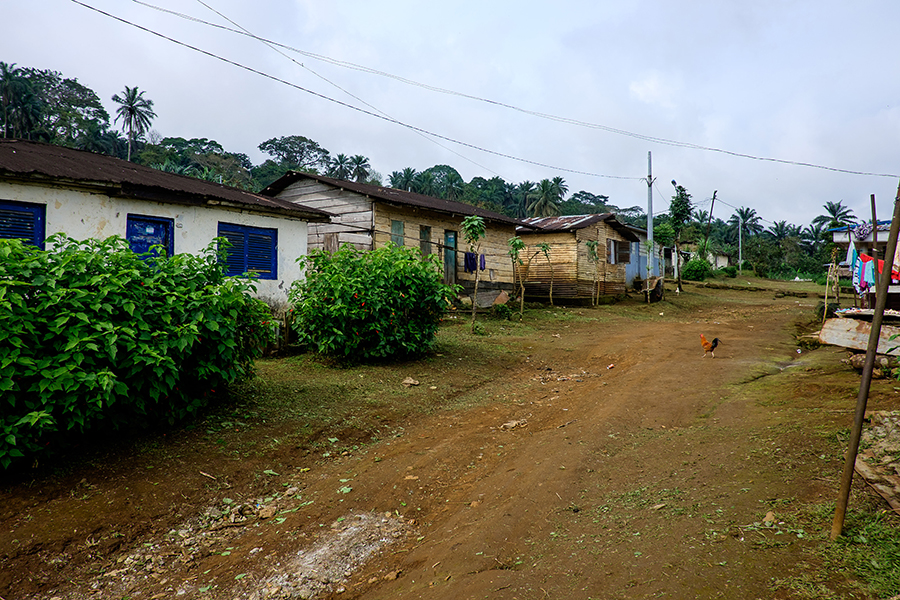Unit 4: Reporting
4.15 What is the benefit of ensuring that your organisation has a CRM?

© Jan Ziegler / Shutterstock
The case study below is a fictional one that provides some background when a CRM does not exist.
|
Activity 4.8 Case Study - Amadi Read about Amadi and then answer the questions that follow. Amadi is a 35-year-old staff member for a small community-based organisation (CBO) providing basic services. He spends much of his time in remote villages distributing items such as food, clothing, and medical supplies. A British International Non-Governmental Organisation (INGO) funds his programme activities and covers his salary. The INGO value Amadi and his CBO as they have direct contact with the community, they speak the local language, and are familiar with the local terrain and customs. Amadi gets along very well with the international staff of the INGO. The INGO staff enjoy his company when they go to the field with him and do not question him when he stays out late and doesn’t follow behaviour protocols. The INGO makes safeguarding a priority: Their safeguarding policy is posted in prominent locations in English and local languages. The local language policy is shared with all partners, who have to sign a Memorandum of Understanding (MoU) that mentions safeguarding and the Code of Conduct. All staff and partners receive regular refresher trainings on its implementation. One day, the village headman hears a rumour that 16-year-old Nala in his village is pregnant. The rumour is that Amadi is the father. The village headman speaks to her parents who are illiterate and do not know what to do about the situation. They were going to send Nala to visit her aunt in the town to have the baby and return when people would have forgotten the rumours. They want Amadi to take responsibility for his actions. There is no complaints response mechanism set up for the community to raise concerns. (Source: Safeguarding report-handling mechanism resource by Bond) Reflect and respond in your learning journal:
|
INGOs should positively collaborate to enable partners (such as CBOs) to work together to openly discuss concerns and incidents and jointly address them. When setting up any project, it’s important for organisations to have a full understanding of the cultural practices in that context to address any harm that may arise.
It is good practice for INGOs to have clear community-based complaints response mechanisms:
- Communities must know what to report and how to report on the conduct of their personnel.
- INGOs should collaborate with partners to develop such CRMs.
- Understand cultural practices without lowering standards of behaviour.
- Have strong relationships with community and religious leaders.
If the INGO and the CBO had been collaborating with the village head and community leaders closer to develop the CRM, reporting of inappropriate behaviour may have happened earlier and perhaps even prevented the rape from occurring. This situation could have been prevented by closer supervision of staff and partners and having in place a safeguarding focal point where concerns of Amadi’s inappropriate behaviour could have been reported to prior to the sexual abuse.
Training all staff and associated personnel on safeguarding is essential so that they know what the signs and symptoms are to look out for and how to raise concerns. Such cases are often criminal in many countries, however, if the victims and/or their family fails to report the matter using either the CRM or by other means, these cases are not pursued.
